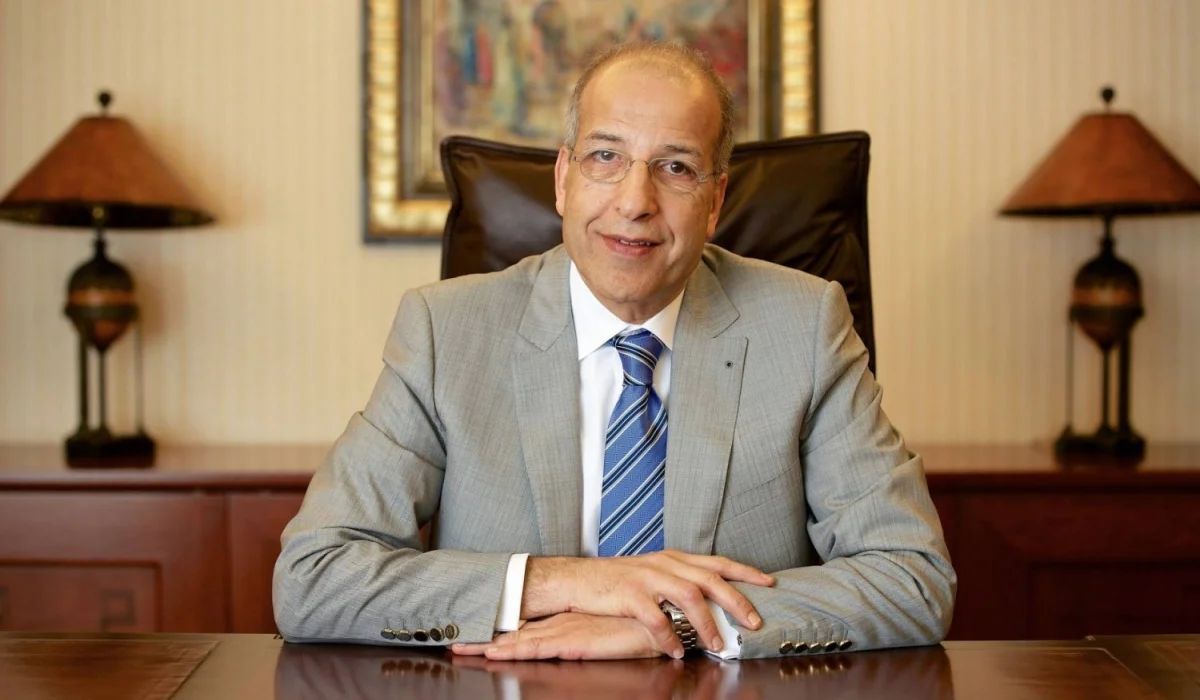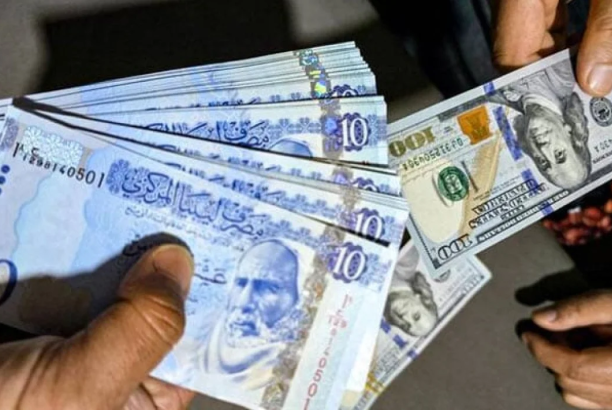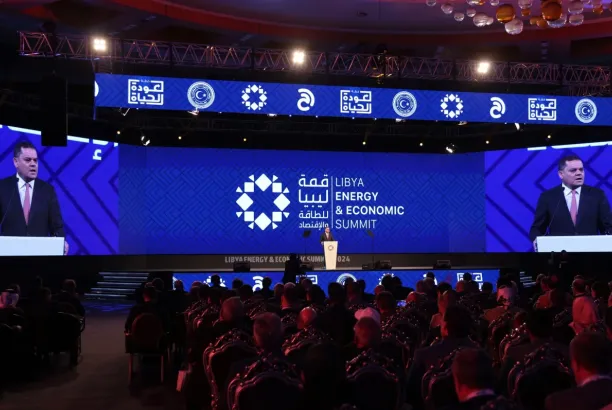
| Reports
With Several Important Details: Al-Kabeer States “There Are Valuable Assets Inside the Central Bank and We Don’t Know What Is Happening to Them”
According to Financial Times, Seddiq Al-Kabeer, the governor of the Central Bank of Libya who controls billions of dollars in oil revenue, stated that he and other bank staff had been forced to flee the country to “protect their lives” from potential attacks by armed militias.
The Central Bank of Libya and its governor, Seddiq Al-Kabeer, have been at the center of the recent political crisis that led to the shutdown of most of the country’s oil production this week.
Tripoli-based Prime Minister Abdul Hamid Dbeibeh, leader of one of the two rival administrations in the east and west of the country, which has been mired in chaos since the 2011 NATO-backed uprising that toppled Muammar Gaddafi, has been pushing for Al-Kabeer’s removal.
Tensions between the two men have escalated, with Al-Kabeer accusing the prime minister of overspending and presenting a misleadingly “rosy” picture of the economic situation in his speeches.
The confrontation reached a peak this week when a committee from the Tripoli government took over the Central Bank’s premises in the coastal city. Armed groups then began threatening staff to force them to continue operating the institution, according to Al-Kabeer, who revealed he had fled to an undisclosed location.
Al-Kabeer told the Financial Times in a telephone interview: “Militias are threatening and terrorizing bank staff, and sometimes they are abducting their children and relatives to force them to go to work.”
He also stated that Dbeibeh’s attempts to replace him were illegal and did not conform to UN-negotiated agreements, which require approval between the east and west governments for any appointment of a new bank governor.
As the crisis has escalated, most banking services in Libya have been suspended, and Central Bank operations have been disrupted, according to Kabir.
Al-Kabeer enjoys support from the eastern-based parliament and the rival administration in eastern Libya, which is dominated by warlord Khalifa Haftar. The eastern government responded to the takeover of the Central Bank by announcing the cessation of oil production, most of which is in territories controlled by Haftar’s forces.
According to the research company Energy Aspects, around 750,000 barrels of Libyan oil production were offline on Thursday, with a further 250,000 barrels at “imminent risk.” Libya produced nearly 1.2 million barrels per day in July.
Tankers are still being loaded from Libya’s oil storage facilities to continue exports, but Energy Aspects warned in a research note that key production sites are shutting down and “outages could extend for months.”
While oil prices surged more than 3% on Monday due to concerns about the situation in the country, they have since fallen back below pre-crisis levels, as traders are confident that the well-supplied market can absorb any disruptions. Benchmark Brent crude was trading at around $79 a barrel on Thursday, down from $91 a barrel in early April.
For Libya, the escalating power struggle poses serious risks. Al-Kabeer stated, “There are many dangers. The oil shutdown will negatively impact the economy and the value of the dinar. Additionally, there are tensions among forces on the ground in Tripoli that support and oppose the measure [to remove him]. So I fear it could lead to fighting.”
Al-Kabeer also mentioned that there are “valuable assets inside the Central Bank, and we don’t know what is happening to them.”
Under UN Security Council resolutions, only the Central Bank in Tripoli is authorized to control and distribute the oil revenues. The UN and the US have called for dialogue to resolve the crisis.
Tim Eaton, a senior research fellow at Chatham House in London, stated that Kabir, who has been governor since 2012, has concentrated enormous power within the Central Bank. Thus, replacing him could be challenging as factions vie for increased access to the country’s oil revenues.
Eaton added, “It may end up being worse if a weaker person who is beholden to political interests is appointed,” and he called for a solution focused on the bank “as an institution, and about restoring checks and balances.”
Eaton also recommended forming a “board with technical expertise that could begin to dilute some of the power concentrated in the [office of] the governor.”





